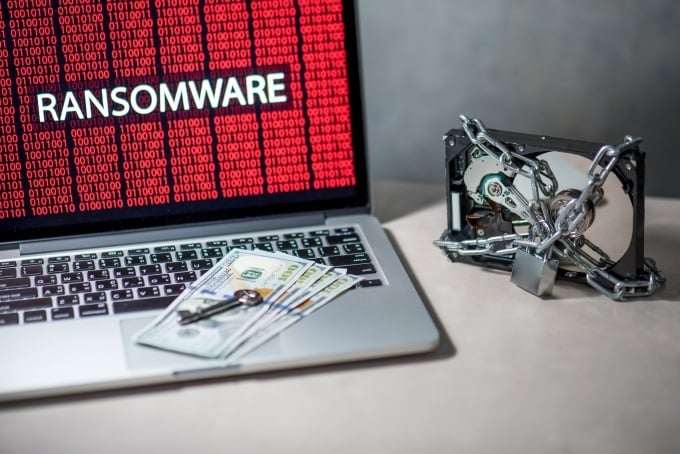Security News

Researchers say yes: Good data can beat bad data in the race to spread. In a paper published on Friday, researchers from North Carolina State University and the Army Research Office have demonstrated a new model of how competing pieces of information spread in online social networks and the Internet of Things. Ultimately, our work can be used to determine the best places to inject new data into a network so that the old data can be eliminated faster.

The report revealed increased spikes in attacks against government and law sectors as the United States launched its Democratic primaries, and early signs of change in industry traffic and attack trends due to COVID-19. During the month of February, Imperva began monitoring how and if the cross-border spread of COVID-19 started to affect traffic and attack trends across multiple industries and countries.

Researchers said the Apple VPN bypass bug in iOS fails to terminate all existing connections and leaves a limited amount of data unprotected, such as a device's IP address, exposing it for a limited window of time. "Most connections are short-lived and will eventually be re-established through the VPN tunnel on their own. However, some are long-lasting and can remain open for minutes to hours outside the VPN tunnel," researchers explained in a technical analysis of the flaw.

Researchers at the University of Notre Dame are using artificial intelligence to develop an early warning system that will identify manipulated images, deepfake videos and disinformation online. The scalable, automated system uses content-based image retrieval and applies computer vision-based techniques to root out political memes from multiple social networks.

On the first day of the Pwn2Own 2020 hacking competition, participants earned a total of $180,000 for demonstrating exploits targeting Windows 10, Ubuntu Desktop and macOS. Pwn2Own typically takes place at the CanSecWest cybersecurity conference in Vancouver, Canada, and participants have to attend in person. On the first day of Pwn2Own 2020, a team from the Georgia Tech Systems Software & Security Lab successfully executed code on macOS through Safari.

Researchers from Cybereason Nocturnus have been tracking the rise and variety of such attacks, which now include phishing, fake apps and ransomware. Beyond phishing, criminals have targeted home workers with fake apps offering coronavirus information, and false VPNs taking advantage of corporate advice to stay home and use VPNs. Reason Labs' Shai Alfasi found a fake 'coronavirus map' offering information on the spread of the pandemic, but hiding an AZORult-related infostealer.

Cybersecurity firm Check Point Research, in a report shared with The Hacker news, uncovered the digital trail of a Nigerian cybercriminal, who went by the name of "Dton" and targeted hundreds of thousands of people under the moniker of "Bill Henry" by sending them malicious emails with custom-built malware. A multi-stage criminal scheme The operation began with Dton buying stolen credit card details from Ferrum Shop, an online marketplace that sells over 2.5 million stolen credit card credentials, and then charging them each $550 each to fraudulently net more than $100,000 in illicit transactions.

Cybersecurity firm Check Point Research, in a report shared with The Hacker news, uncovered the digital trail of a Nigerian cybercriminal, who went by the name of "Dton" and targeted hundreds of thousands of people under the moniker of "Bill Henry" by sending them malicious emails with custom-built malware. A multi-stage criminal scheme The operation began with Dton buying stolen credit card details from Ferrum Shop, an online marketplace that sells over 2.5 million stolen credit card credentials, and then charging them each $550 each to fraudulently net more than $100,000 in illicit transactions.

Researchers have discovered a new strain of ransomware, dubbed "PXJ," which emerged in the wild in early 2020. While PXJ performs functions similar to other ransomware variants, it does not appear to share the same underlying code with most known ransomware families, researchers said.

An IT startup has developed a novel blockchain-based approach for secure linking of databases, called ChainifyDB. "Our software resembles keyhole surgery. With a barely noticeable procedure we enhance existing database infrastructures with blockchain-based security features. Our software is seamlessly compatible with the most common database management systems, which drastically reduces the barrier to entry for secure digital transactions," explains Jens Dittrich, Professor of Computer Science at Saarland University at Saarbrücken, Germany. "If a doctor changes something in his table, it affects all other tables in the network. Subsequent changes to older table states are only possible if all doctors in the network agree," explains Jens Dittrich.